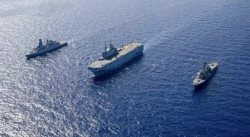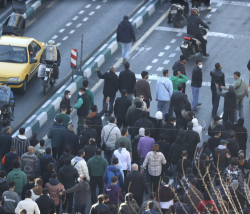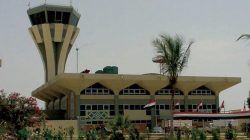There is plenty of blame to go around in Libya
- 2022-09-04 13:31:50


 Pierre Rayer: Art, Science, and Happiness: The Universal Mission of Transmission to Future Generations through Patronage at the Louvre Abu Dhabi
Pierre Rayer: Art, Science, and Happiness: The Universal Mission of Transmission to Future Generations through Patronage at the Louvre Abu Dhabi Ahly crowned Super champions after dramatic extra-time win over Modern Future FC
Ahly crowned Super champions after dramatic extra-time win over Modern Future FC Yemeni Honey..A Development Wealth Threatened By Conflict And Climate Change
Yemeni Honey..A Development Wealth Threatened By Conflict And Climate Change California wildfires: Millions warned of possible power cut
California wildfires: Millions warned of possible power cut Central African rebels launch attacks near capital
Central African rebels launch attacks near capital Yemen: Faces Critical Phase Amid Rising Security Concerns in Red Sea
Yemen: Faces Critical Phase Amid Rising Security Concerns in Red Sea Trump blames bruised hand on aspirin, denies falling asleep
Trump blames bruised hand on aspirin, denies falling asleep Two people confirmed dead as Iran protests turn into ‘battlefield’
Two people confirmed dead as Iran protests turn into ‘battlefield’ Switzerland to hold five days of mourning after 40 killed in resort fire
Switzerland to hold five days of mourning after 40 killed in resort fire Yemen’s Legitimacy Crisis: Cancellation of All Yemenia Airways Flights and Suspension of Operations at Aden Airport!
Yemen’s Legitimacy Crisis: Cancellation of All Yemenia Airways Flights and Suspension of Operations at Aden Airport!
